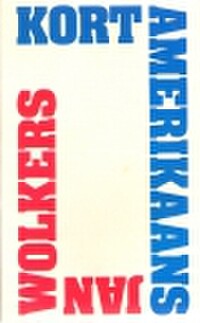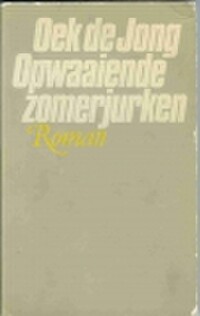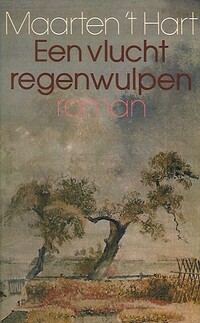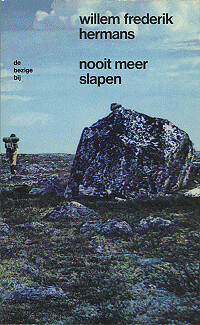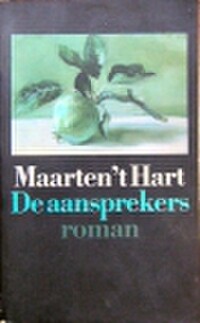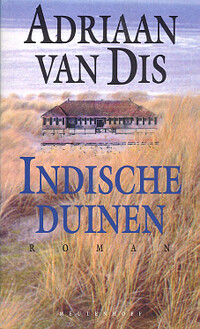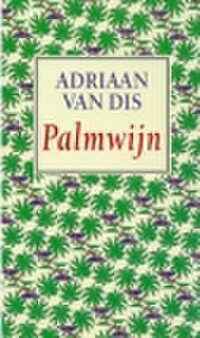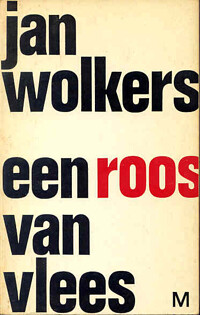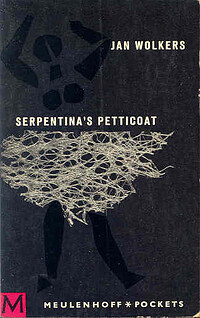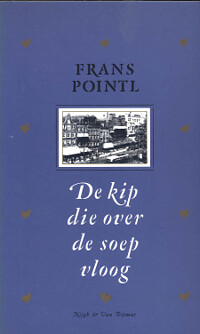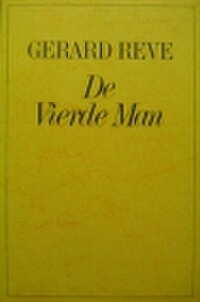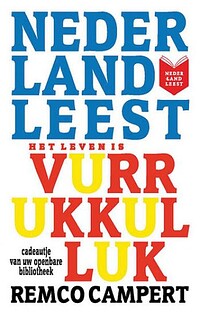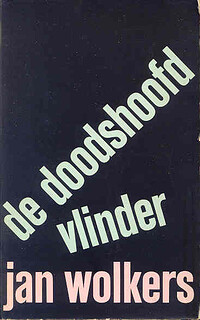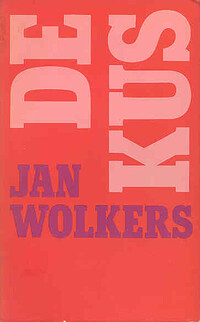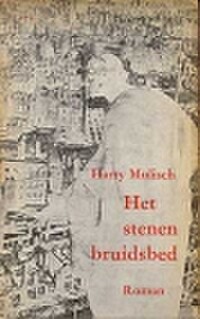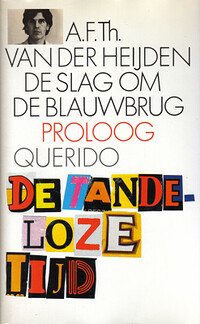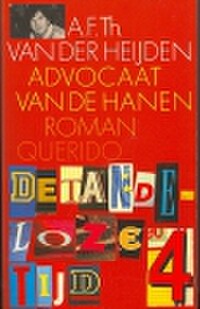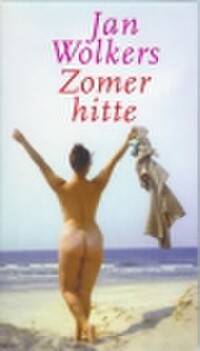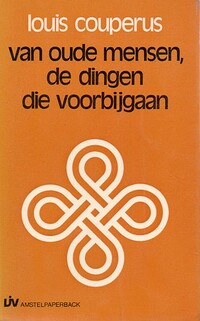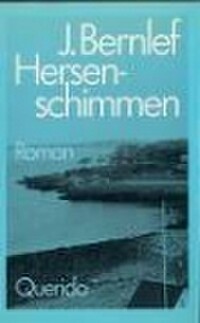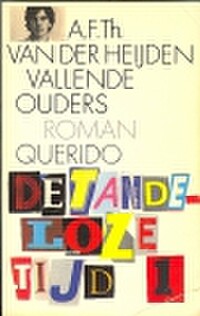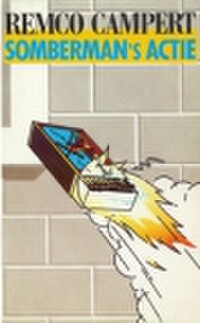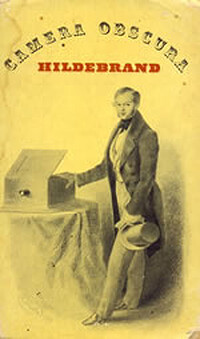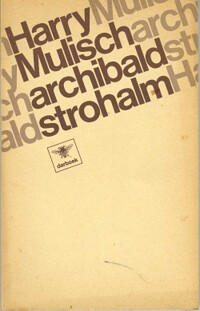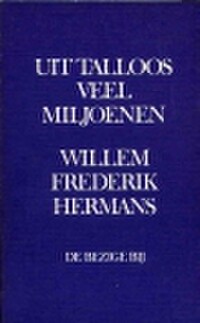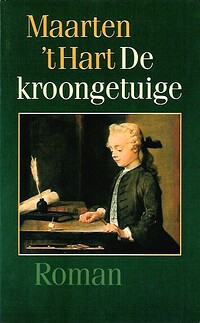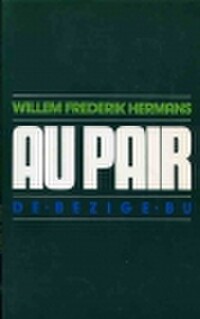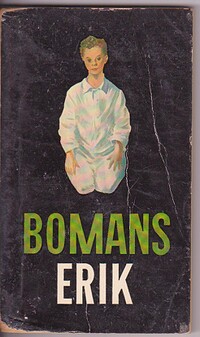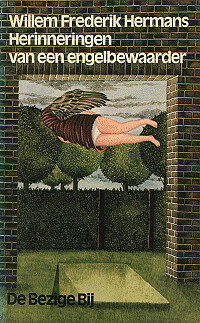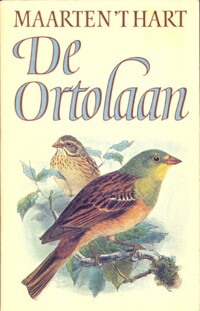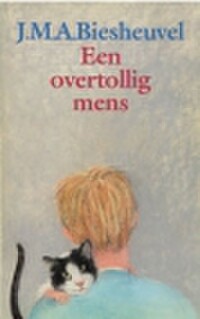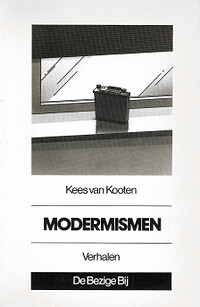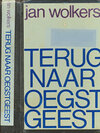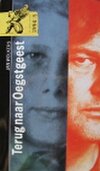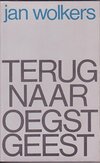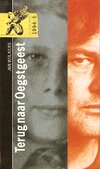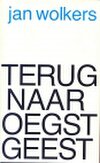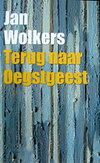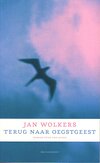Terug naar Oegstgeest
by Jan Wolkers
On This Page
Tags
Recommendations
Member Reviews
Egy művész hazatér szülőfalujába, és emlékezni kezd. Innentől kezdve megy a szörfölgetés a jelenkor és a múlt eseményei között: az egyes csatornán a mélyen vallásos család életéből láthatunk jeleneteket, a kettesen jelenidőben császkál az elbeszélő Oegstgeest utcáin, a hármason iskolai megaláztatás, a négyesen (18-as karika! na jó, sajnos csak 16-os…) a szexuális ébredés folyamata, a Historyn meg a német megszállásról tudunk meg ezt-azt. Formai értelemben akár hibátlannak is nevezném, és akadnak benne olyan jelenetek, amik talán még akkor is beugranak majd, amikor már magára a könyvre aligha emlékszem. Csak éppen az van, hogy még a saját emlékeim között se bóklásznék 250 show more oldalon keresztül, máséban meg pláne nem. Nagyon jónak kell lenni az írónak ahhoz, hogy ilyesmire rávegyen. Szóval a hibátlan ebben a műfajban már nem elég – annál kicsit többre van szükség. show less
Nostalgie is een heel menselijke eigenschap, en dan zeker in de "overgangsjaren". Wolkers bezoekt de plaatsen waar hij opgroeide en evoceert zijn armoedige jeugd, en vooral zijn strengprotestantse vader. Maar hij doet dit op zo'n droge, bijna registrerende manier dat het nauwelijks boeit. Pas helemaal op het eind, als hij het over de dood van zijn oudere broer heeft, merk je dat er echt bloed stroomt door de aderen van de ouder. Geef mij dan maar het rauwe rebelse van Jan Cremer!
Jun 18, 2012Dutch
Ratings
Members
- Recently Added By
Lists
1001 Books You Must Read Before You Die
1,312 works; 1,084 members
Canon van de Nederlandse letterkunde
125 works; 5 members
Books Read in 2023
5,544 works; 144 members
Author Information
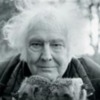
95+ Works 4,112 Members
Jan Wolkers could serve as the prototype of the group of post--World War II writers who give the impression of having seized the crushing of Nazi power as an opportunity to attempt to cast off the yoke of oppression in all forms and formats. Their protest took the form of rebellion against any form of authority that seemed to restrict their show more freedom and individuality. In effect they, and more particularly Wolkers, demonstrated against authority in the home (often represented by a supposedly dominant father figure); against the political system (as, for instance, represented by American capitalism and international military involvement); against God and church office-bearers; and finally, against society and social norms in general as these found expression in current views on proper language, morals, and manners. We thus find that Wolkers's main characters challenge all forms of established, prewar concepts as embodied in selected characters, frequently holding them up for ridicule and caricature. By way of contrast, the author portrays a series of persons who appear to be the victims of the corrupt views of modern society, usually social outcasts such as the immortal Uncle Louis in Serpentina's Petticoat (1961) with which Wolkers made his debut and simultaneously established his name. Animals, which almost by definition are also considered innocent, sometimes serve as victims of man's desire for power as well, as in Wolkers's famous Back to Oegstgeest (1965). A unique form of expression of resentment is Wolkers's use of cruelty, as though the writer wishes to vent his anger on anything he can lay his hands on. It is important to note, in this connection, that the negative qualities mentioned above---such as anger, resentment, ridicule, and cruelty---do, in fact, together form the very thin and sometimes transparent shell covering Wolkers's sensitive and vulnerable nature and his religious pursuit of fairness, justice, love, and beauty. In literally demonstrating these commendable qualities, Wolkers is a worthy representative of his generation. (Bowker Author Biography) show less
Some Editions
Awards and Honors
Series
Belongs to Publisher Series
Work Relationships
Inspired
Has as a reference guide/companion
Common Knowledge
- Canonical title*
- Terug naar Oegstgeest
- Original title
- Terug naar Oegstgeest
- Original publication date
- 1965
- Important places
- Oegstgeest, The Netherlands; The Netherlands
- Related movies*
- Terug naar Oegstgeest (1987 | IMDb); Terug naar Oegstgeest (2013 | IMDb)
- First words*
- Het lijkt wel een hut in een boomkruin of de roef van de ark, die kamer met zijn houten wanden, waar die baardige patriarchale gorilla zich te midden van zijn kroost heeft laten fotograferen.
- Last words*
- (Click to show. Warning: May contain spoilers.)Ik heb hem daar op de bosgrond laten liggen.
- Original language
- Dutch
- Canonical DDC/MDS
- 839.31367
*Some information comes from Common Knowledge in other languages. Click "Edit" for more information.
Classifications
- Genres
- General Fiction, Fiction and Literature, Biography & Memoir
- DDC/MDS
- 839.31367 — Literature German & related literatures Other Germanic literatures Netherlandish literatures Dutch Dutch fiction 20th Century 1946-1999
- LCC
- PT5881.O38 T4 — Language and Literature German, Dutch and Scandinavian literatures Dutch literature Individual authors or works 1961-2000
Statistics
- Members
- 344
- Popularity
- 83,076
- Reviews
- 2
- Rating
- (3.42)
- Languages
- 6 — Dutch, French, German, Hungarian, Swedish, Turkish
- Media
- Paper, Audiobook, Ebook
- ISBNs
- 25
- ASINs
- 7


